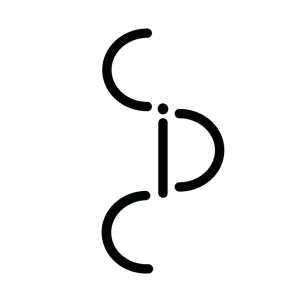Saturday 14 December 2024 | Beursschouwburg
We are glad to announce this year’s project presentations on Saturday 14 December at Beursschouwburg from 19:00-21:00, followed by a reception.
Seven of our participants will be presenting their works-in-progress.
Saturday 14 December, 19h00
Beursschouwburg
August Ortsstraat 20-28
1000 Brussels
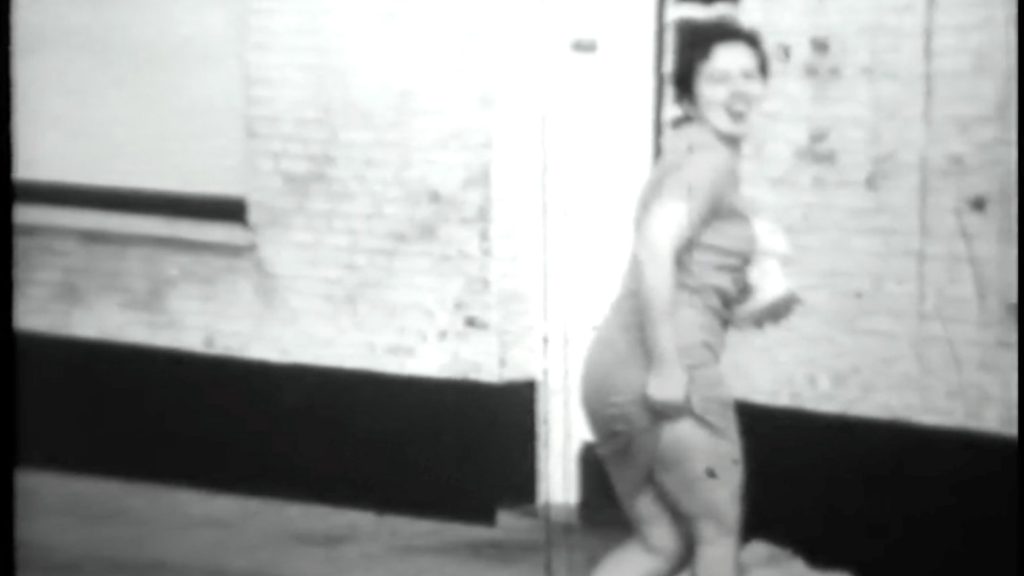
A Thousand Lakes, by Caro Haijen
Caro Haijen’s film explores her family history, focusing on generational trauma and healing, with psoriasis as a metaphor for the physical manifestation of this trauma, connecting the experiences of her father, grandmother, and herself. More information
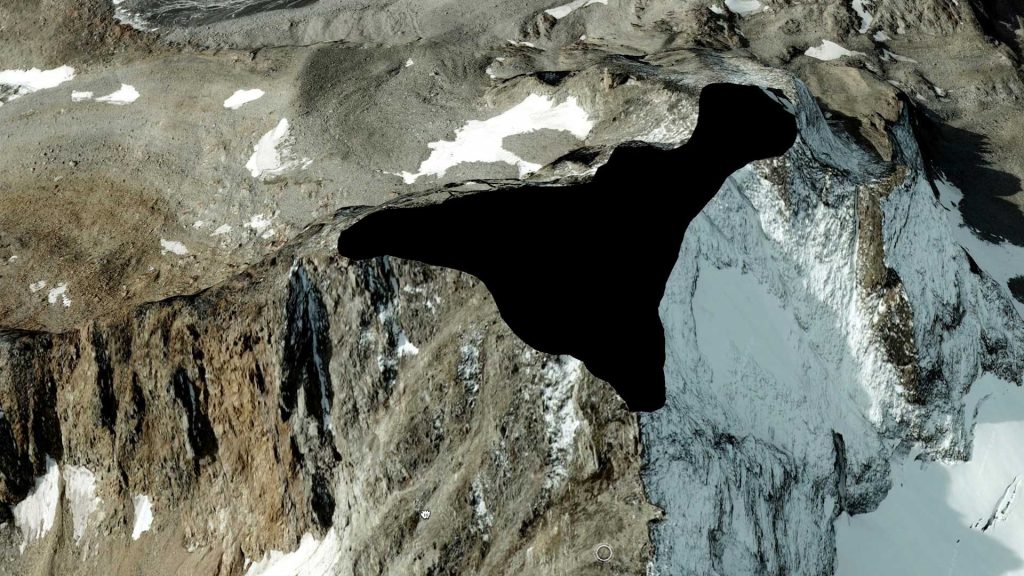
Die Alpen Sind Hohl, by Isabelle Weber
Based on a huge military infrastructure, this experimental short film looks at the Swiss belief in the mountains: as it upholds both a physical and mental barrier, the construction of national identity and fictitious common origin, and of a flourishing economy. The Alps are hollow, in their cavities echoes a rotting ideology… More information
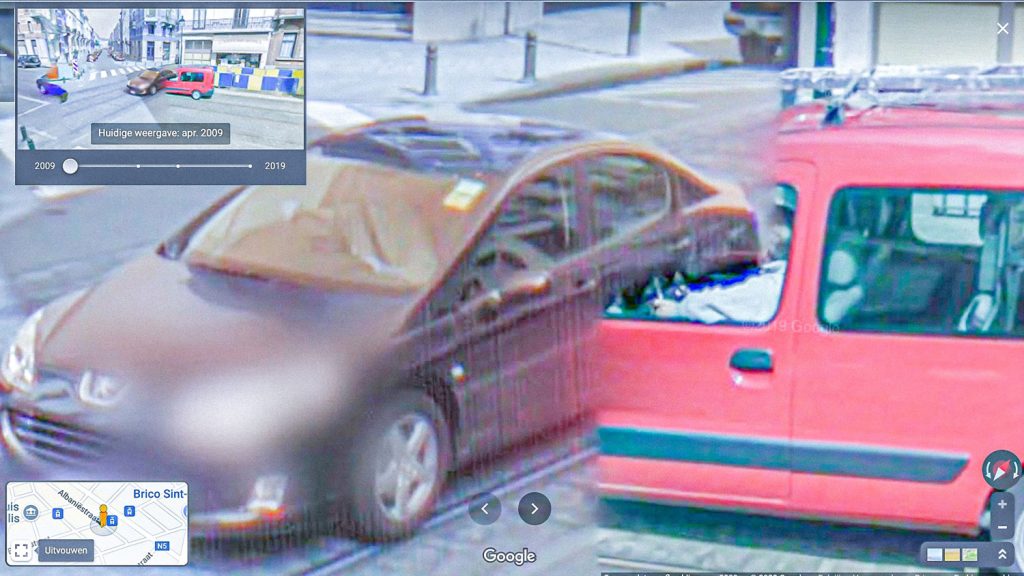
Crossroads, by Sander Moyson
“Crossroads” is a speculative documentary that intertwines two journeys: Ella’s quest to help her deceased father’s spirit cross over and the filmmaker’s exploration of the boundaries between life, death, sound, and image. More information
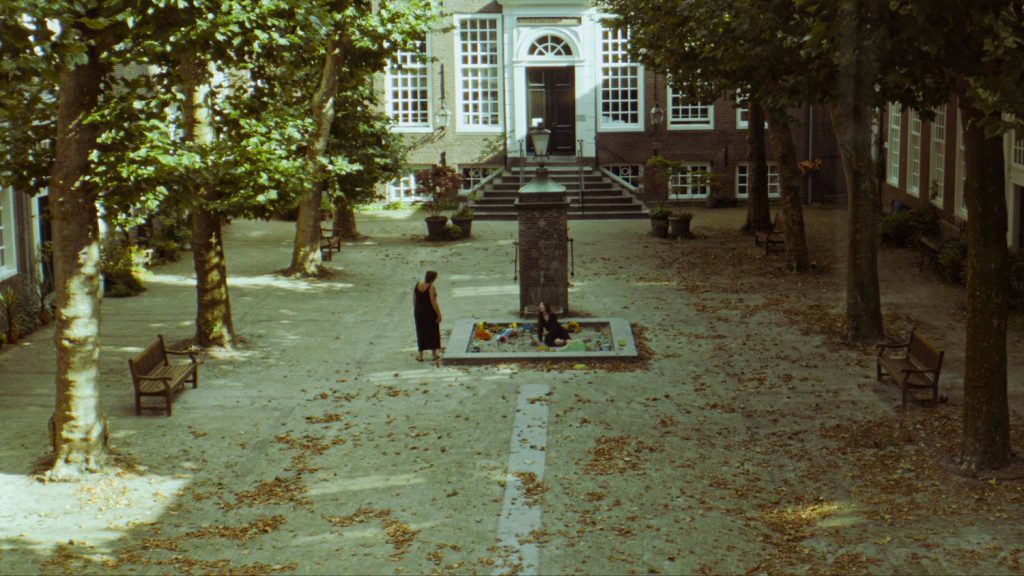
The Land of Fools, by Roman Ermolaev
Roman, a St. Petersburg artist studying in Amsterdam, undergoes a profound personal journey following the Russia-Ukraine war in 2022, prompting him to introspect and rediscover his identity. His story illustrates the struggle to reconcile personal beliefs with a shifting societal and political landscape, ultimately aiming to break free from the constraints of his homeland. More information
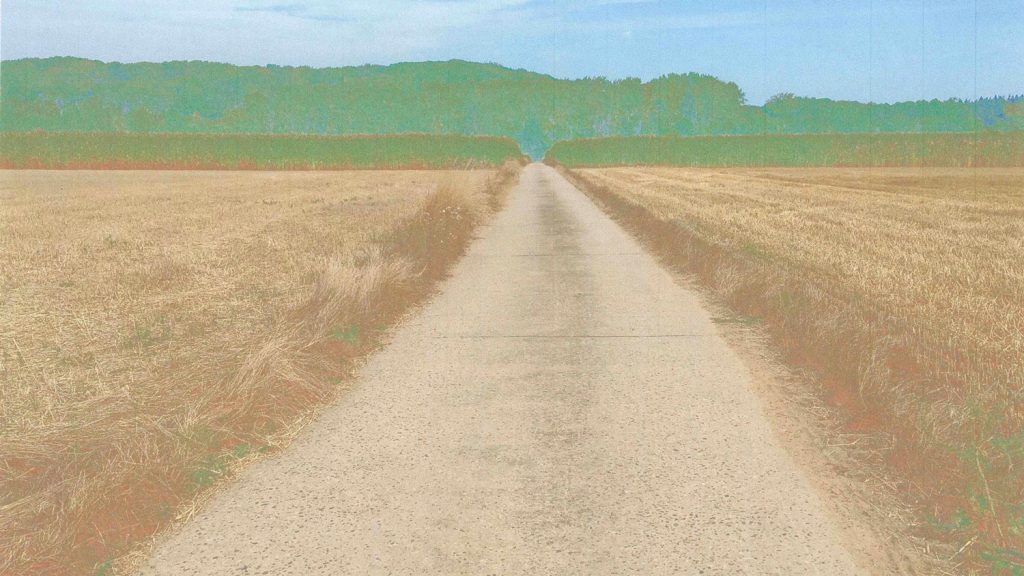
Chat Perdu, by Marina Kalleny
Disoriented by a recent residency rejection by the Belgian state, a young Egyptian filmmaker finds herself lost on a hill in the Ardennes after two weeks of trekking. Two years later, she embarks on a transformative voyage in her atelier, piecing together the physical and mental traces of an incident that shook her to her core. More information
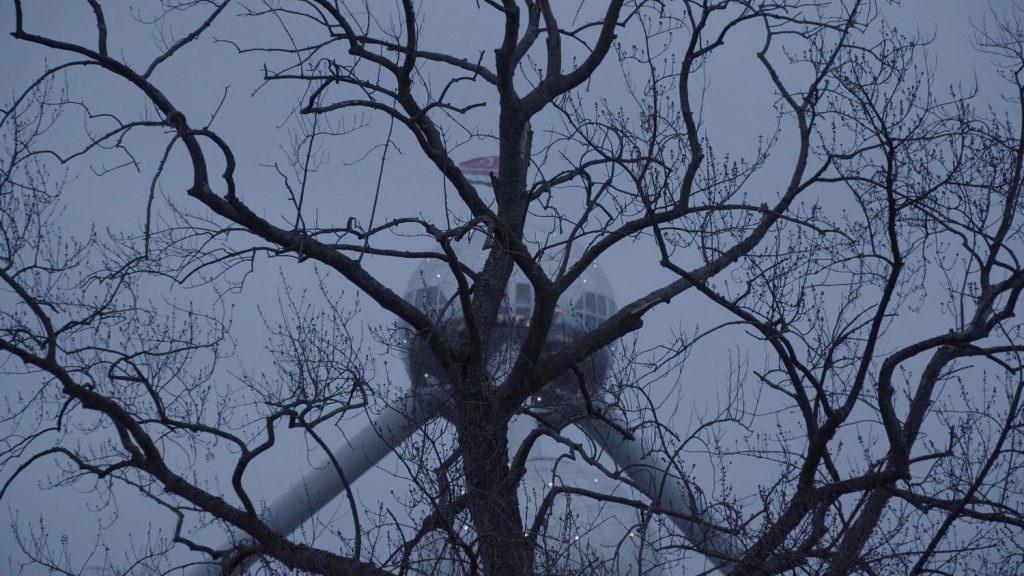
Shaken / Cracks of Hope, by Alhasan Yousef
In a land steeped in suffering since 2011, Syrians face multiple tragedies, including exile, the disappearance of loved ones, and the repression of their voices. An earthquake disrupts this oppressive environment, allowing suppressed cries for change to emerge and instilling a glimmer of hope amidst the ongoing pain and struggle for freedom. More information
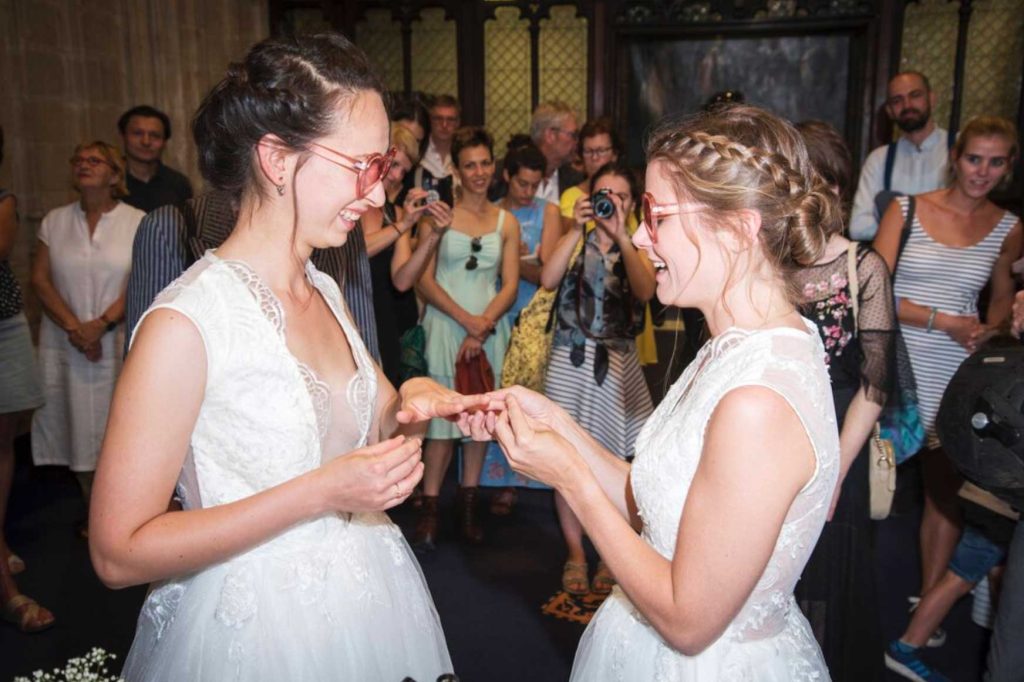
A Letter to Kim, by Anyuta Wiazemsky Snauwaert
In 2018, Kim married Anyuta, a Russian art school co-student, to help her obtain a Belgian residence permit, though they were not romantically involved. Kim, who was a co-student at art school at the time, wanted to help out. More information
